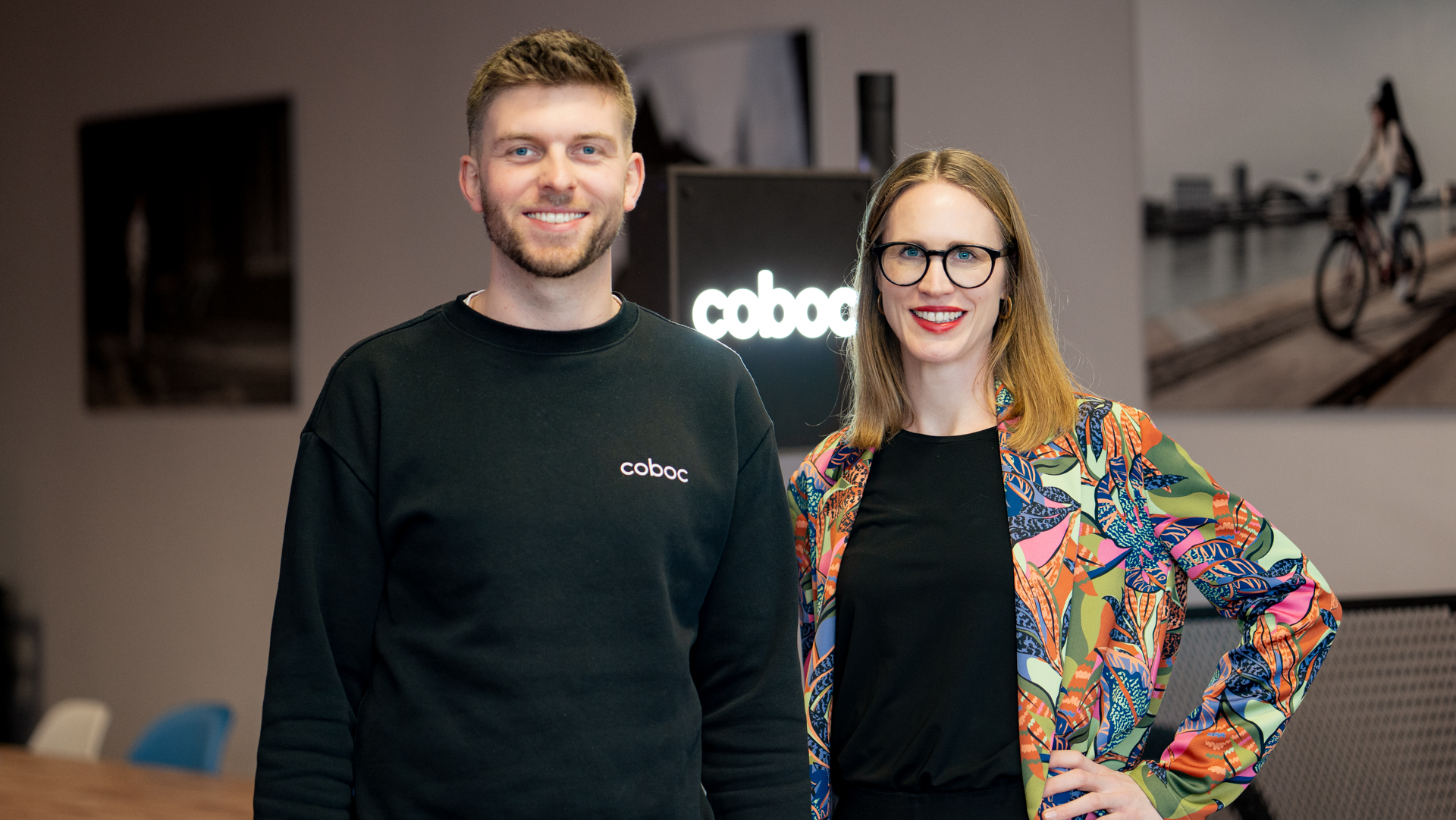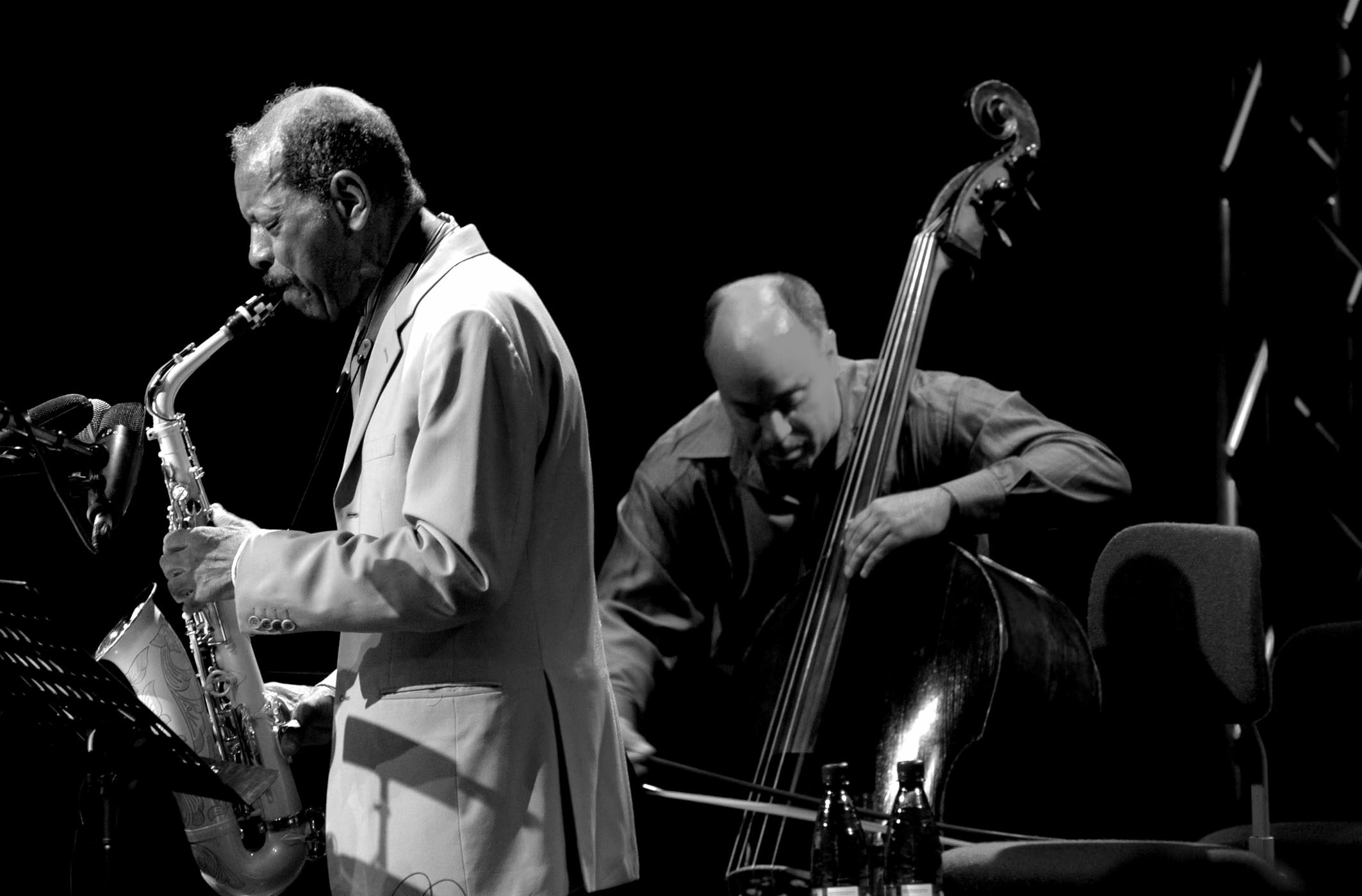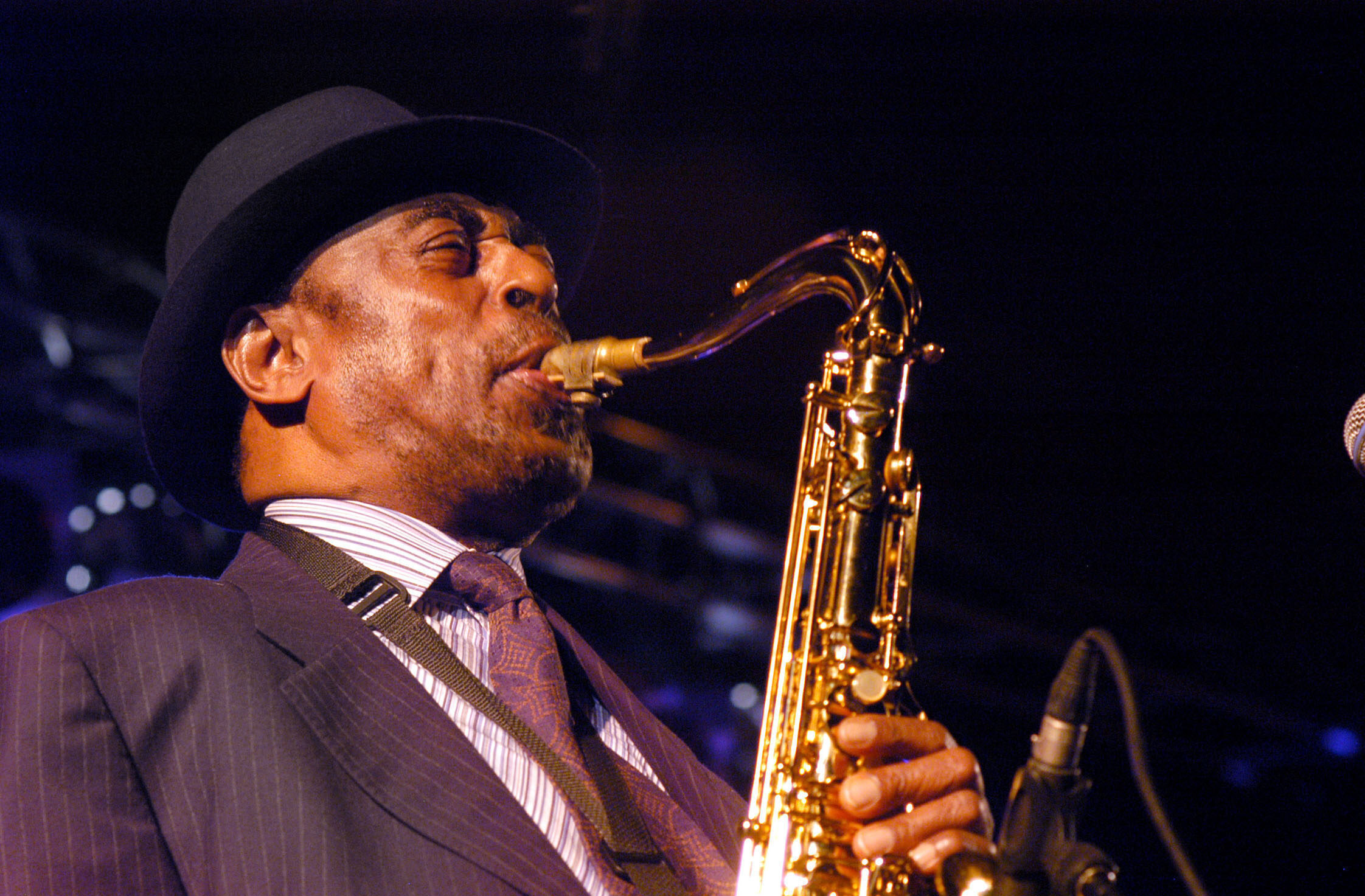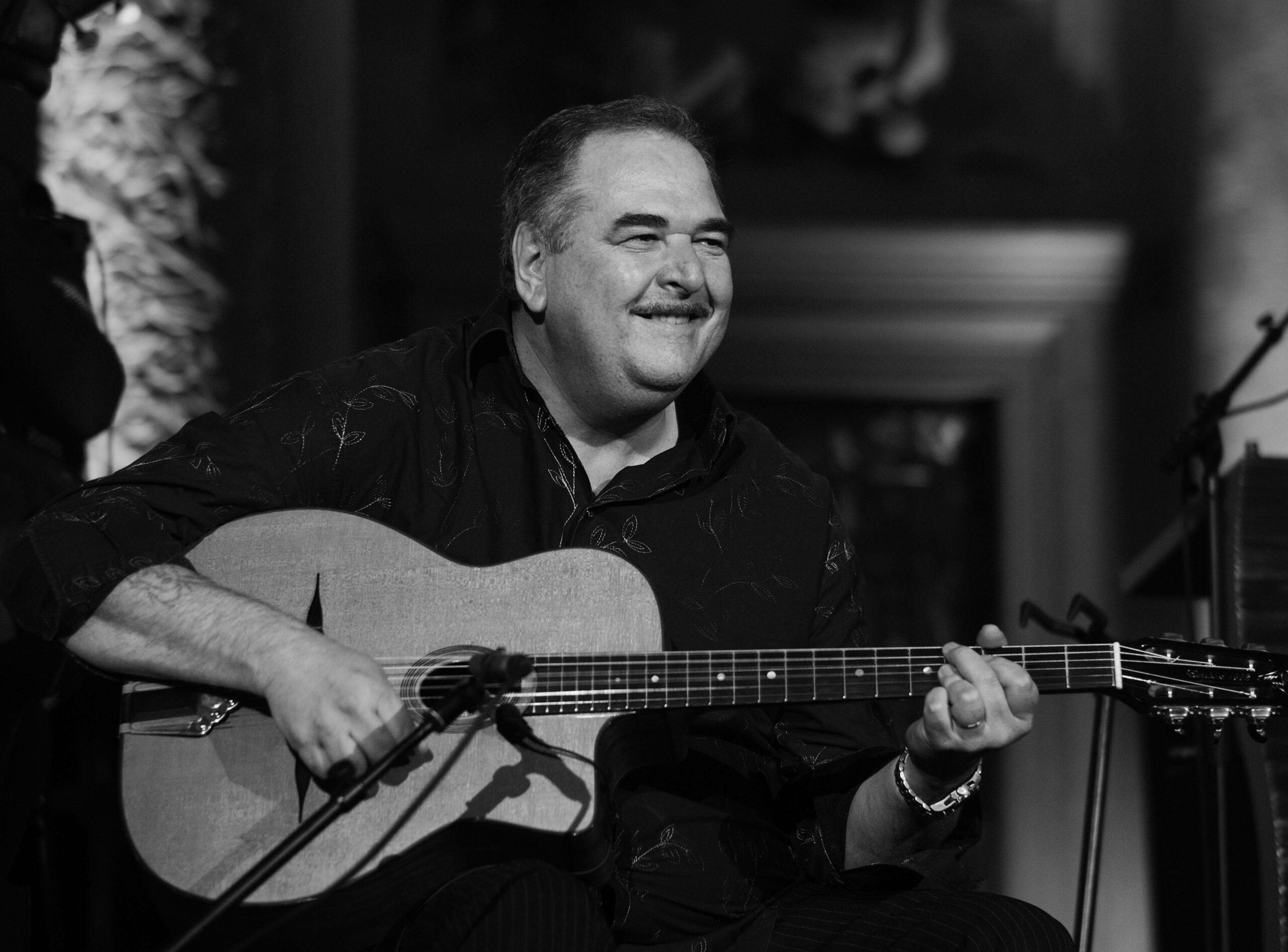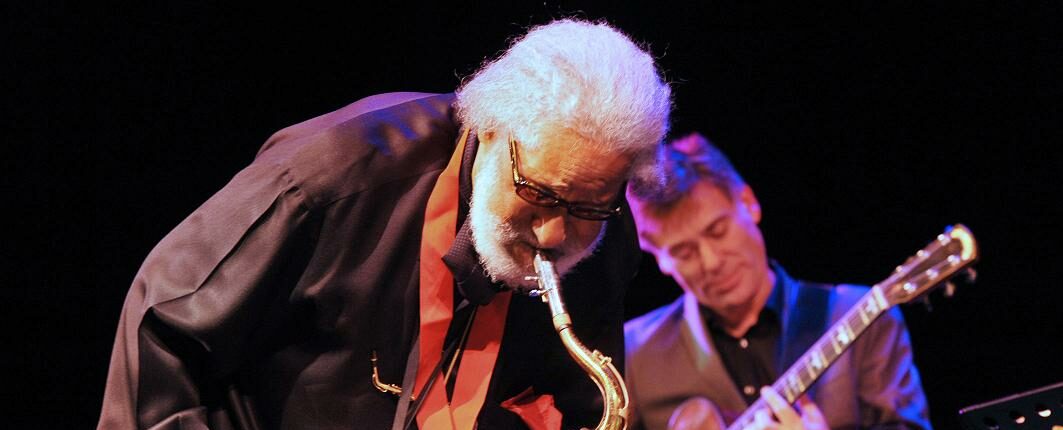Joshua Redman is the only musician for whom Enjoy Jazz has had Thomas Boxberger (extraprima) develop a festival wine of his own, which has been described as "floating and elegant": the "Redman Cuvée 2012," of course, long out of print. But even more impressive are the musical traces he left in the festival. Among them the legendary very first duo concert with Brad Mehldau in 2008. One year later, Redman was again a guest at Enjoy Jazz and the opportunity arose for an exchange. Over a glass of wine, of course. (Interview from 2015)
Joshua, do you actually remember October 26, 2008?
Joshua Redman: October 26? Huh ...? No, not really.
A little tip: I was in a large church in Mannheim that day. And I was not the only one.
JR: Ah, the duo concert with Brad! Sure I remember. That was the first time we played as a duo. We had no idea what was going to happen. We really only had the sound check to discuss at least the most basic things. I came straight from Sweden, without an hour of sleep. Nevertheless, the concert was a very special one for me as well, in which the deep bond between Brad and me found a perhaps even unique expression.
It could have been a disaster, but it became magic. Fortunately. It was your wish not to record the concert.
JR: Yes, and I regret that very much today. That would have been really exciting. The sound was so great that night, the audience was outstanding. And just because we basically started this adventure without any expectation, something so great could come out of it. The best often comes from the moment.
One could almost see in this a programmatic statement on jazz in general.
JR: Exactly. But in the end it's always a question of quality. Take Brad: I am endlessly inspired by his playing. There is such a deep feeling in his music, which is unthinkable in this form without the music. There is a love that is palpable, a warmth that is the true foundation of his music. And then, of course, he is a master of his instrument. I remember very well that there were parts in the concert where I just wanted to listen to him and I did.
For me it is unimaginable that such a concert as in 2008 at Enjoy Jazz should remain without consequences?
JR: That's right. And I think we will actually play more duo concerts soon. And who knows: maybe we can do even better. Even if it will be hard and the magic of that first concert will always remain.
In their own projects, too, they have now achieved an incomparable mastery. The current album "Compass", on which two rhythm groups play alongside and at times with each other, is a good example of this. One recognizes the basic idea and is amazed with how much freedom and free flow it is implemented.
JR: That was exactly the goal. I think that here we have another example of approaching an interaction, or in this case a recording, without any preconceived ideas. This is the only way to achieve a very special freshness in the music: by literally playing with the unknown. This results in things that one would never have expected or even done before. No expectations, no routinely secured musical foundation, but the confidence of having musicians around you whom you know and trust without reservation.
Even if the constellation was a premiere. That's where this music seems to me to draw its energy from. How much of this work was fixed in advance in the first place?
JR: Not one arrangement was predetermined. Of course, I had a very general idea of what it might sound like when I set the lineup. But most of it was unplanned.
And does the title "Compass" stand more for searching or for finding?
JR: For me, it is very relational. That's why I chose it. It should stand for finding our way, for working our way through an unknown terrain, for simply trusting in ourselves without any maps, in our instinct and our mutual connectedness.
You are now 40 and thus definitely outgrown the Young Lions age ...
JR: True enough.
... has the feeling of responsibility for the music changed over the years?
JR: Personally, I think it's dangerous to think in terms of one's own person in overly large categories and concepts. This includes the question of historical significance or the influence on other musicians...
... but which has unmistakably grown with them.
JR: Maybe. But that doesn't give me any responsibility. I don't feel like I consciously influence that. But I do feel a responsibility to always make exactly the music that I believe in. And in doing so, I want to be as creative and as sincere as possible. That's my commitment to myself. If I inspire others by following my creative instincts and musical values, that's fine, but it's certainly not the goal. I simply see myself as a musician, and no different than those who may be only 20 today and have to learn the same way I learned then and, yes, still do every day. But just ask me again when I'm 50.
You started playing the saxophone when you were ten years old.
JR: Yes, but don't misunderstand that now. I've been playing continuously since then, but I didn't really get serious about it until after I graduated from college, when I was 22. I then moved to New York and learned more on the instrument in the first year there than I had in the 12 years before.
That's a lot of understatement. After all, at the age of 18 you won the most important young talent competition in the USA. And doesn't that actually mean that practically all drastic life situations, from first love to first loss to growing up, are somehow connected to the instrument?
JR: I don't know. It could be, yeah. Sounds logical, at least. I'm not really aware of it, though. There's no connection that I can understand. But the question, of course, is whether that connection would show up if it did. It is similar to the much asked question about the meaning of my music or about the influences of certain life contexts on the music. My answer to that is always a simple yes, because music in general is not conceivable in any other way than as an expression of what you are, what you do, what you feel. But I have not yet found a way to translate my music back into a concrete event or feeling of life. Rather, I believe that the magic of music consists precisely in the fact that it frees itself and becomes independent in the process of execution. It becomes its own meaning, so to speak, which one can approach, but which one cannot really describe or define.
How do you see your role as a bandleader?
JR: I have a very clear view here. My aspiration is to do everything I can to create conditions in which we can make the strongest collective statement as a community, and in which each individual can not only find his or her opportunities for development, but also understand his or her role for music as egalitarian. It's about creating an environment where profiled individualists who respect each other can discover and create things together. I don't see myself at the center of this at all. Even if my role is often an exposed one, because I play a melodic instrument. Nevertheless, it is always about finding a form of communication and mutual inspiration that is sustainable. I think you can hear whether a musician feels wanted and accepted as an integral part of the music or not.
Last time we spoke, the U.S. elections were imminent. Many jazz musicians have spoken out clearly in favor of Obama. Do you have the impression that his election has already been able to make a difference, for example, also on a cultural level?
JR: Do you mean specifically for jazz musicians? Then my answer is: no. But how could it? No single person, and certainly no politician, who by his very nature has to strive for majorities and compromises, could bring that about. But what is perceptible is a new hope and a certain sensitivity to the problems. Even if it sounds like a cliché, it's there. And as far as jazz is concerned: it's certainly harder for most jazz musicians today than, say, fifteen years ago. Also because new problems have been added to the old ones, like the slump in record sales. Nevertheless, compared to many ordinary Americans, we have the luxury of at least being able to do and earn money doing what we enjoy and what helps us personally. Now I still have comparatively easy talk: I don't have to take any gigs for a living, don't have to play at weddings like many others. Nevertheless, I don't want to dramatize the situation of jazz musicians in comparison to that new urban American underclass that has no education and thus probably no chance of improving its situation.
And against this less than pleasant background, what might the development of jazz look like?
JR: Well. First of all, we just have to take note that jazz will never become a popular mainstream music. It will continue to be a niche art. Of course, that doesn't mean we can't still reach a lot of people with our music, but it's just selective. However, I think that the new technologies through which music is mediated and distributed can actually help jazz. Basically, it all comes down to the eternal question: How do I find and win over my audience? We simply have to be more creative than others. Also, and I mean this in a non-judgmental way, in terms of self-marketing. That's where I see the challenge.
Interview: Volker Doberstein
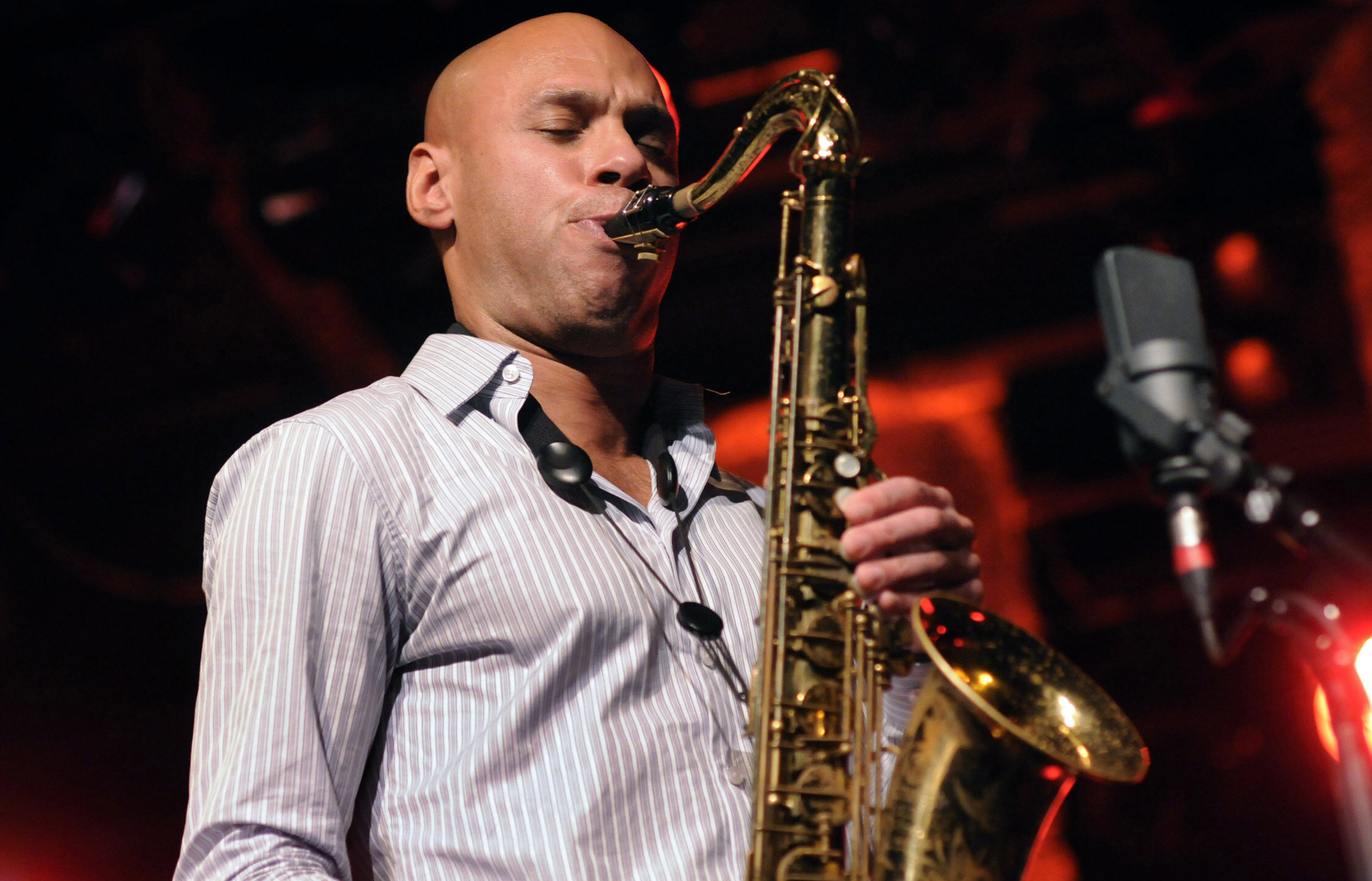
Date: May 30, 2023

